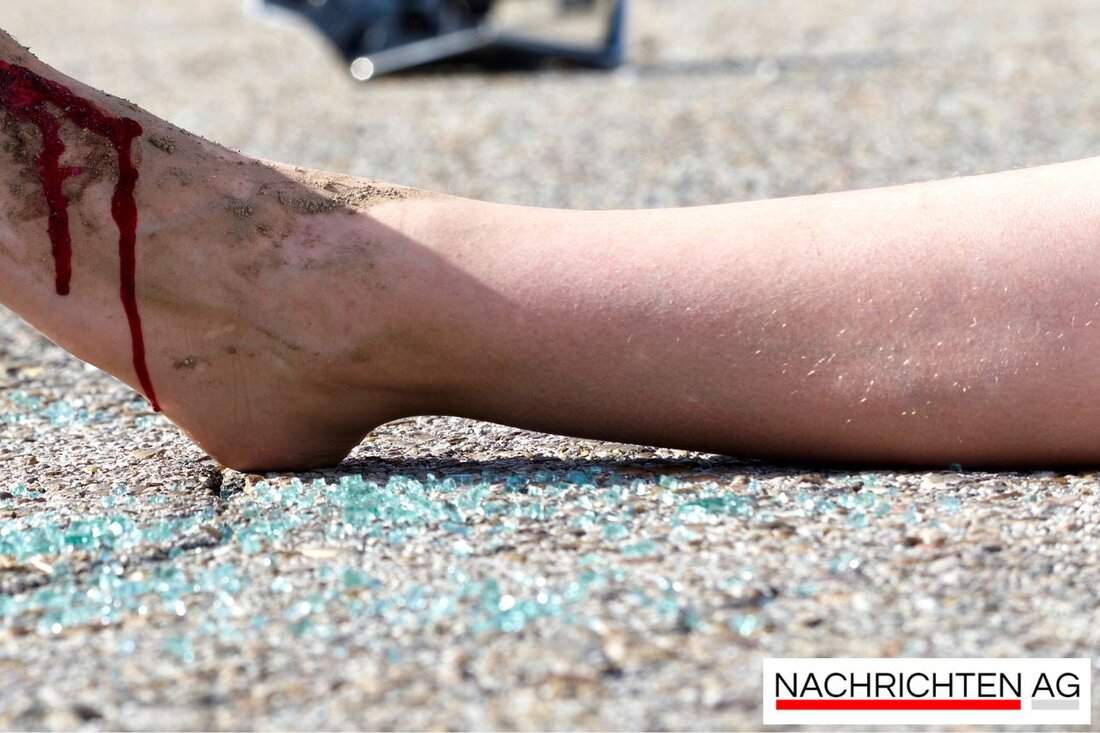IAA in Munich: protests and traffic restrictions in September!
Königsplatz will be redesigned during the IAA 2025, resulting in restrictions for pedestrians and cyclists. Protests accompany the event.

IAA in Munich: protests and traffic restrictions in September!
In September 2023, pedestrians and cyclists in Munich will have to accept detours! During the International Motor Show (IAA) - which takes place from September 9th to 14th in the heart of the city and at the Riem trade fair - central squares such as Odeonsplatz, Königsplatz and Max-Joseph-Platz will be transformed into open spaces. Citizens must expect restrictions in pedestrian and cyclist traffic until September 19th, which will arise from the construction and dismantling of the open spaces the Süddeutsche Zeitung reports.
An open space will be set up on Königsplatz between the State Antiquities Collections and the Glyptothek. Cyclists will need to detour north of the Glyptothek, while pedestrians will continue to have access to this area from the north and south. Cyclists across the city also have to be prepared for detours on Ludwigstrasse, as the eastern cycle path remains completely closed during the renovation work and the IAA. Residenzstraße is also not accessible to cyclists during the exhibition. Public transport is affected by the diversions, and several bus routes, including 58 and 100, have to change their routes.
Protests and public opinion
The joy about the IAA is not entirely positive. Activists organized the protest, which is directed against the event and the associated open spaces. Groups like Extinction Rebellion show their disapproval at the town hall and the Fischbrunnen. Car-themed cots were placed outside City Hall and activists performed a “sleeping councilor” game. Banners read: "Quiet please! The city council is missing the mobility transition," like the tz reports.
The demands of the protesters are clear: They demand more transparency regarding the IAA decision, efficient public transport and an end to the dominance of the car industry in urban planning. The exhibition areas for car manufacturers in the city center, which are seen as a central element of the IAA, are particularly controversial. The criticism is loud and diverse - from greenwashing to exploitative supply chains to poor working conditions. The Munich city council has postponed the decision on the long-term future of the IAA in Munich for the time being, which is giving activists additional hope.
The challenge of the transport transition
The discussion about the IAA fits seamlessly into the larger debate about the transport transition, which is essential in view of the climate and resource crisis as well as advancing digitalization. Cities are faced with the challenge of reducing climate-damaging emissions while maintaining urban living spaces worth living in. The Federal Agency for Civic Education points out that innovative concepts such as the “livable city” and the “15-minute city” provide important approaches to shaping the transport transition.
But reality often shows a different picture: overloaded infrastructure and the pressure of private motorized transport lead to negative effects on the environment and quality of life. The transport transition is therefore not only an environmental task, but also a social one, which must ensure that mobility is guaranteed for all social groups. The integration of cycling and environmentally friendly transport alternatives is crucial to achieving the desired climate goals.
There are major challenges ahead for the city of Munich. The IAA and the associated measures are likely to continue to cause a stir in the coming months and fuel the discussion about future mobility in the city.

 Suche
Suche
 Mein Konto
Mein Konto